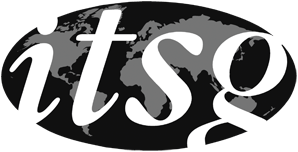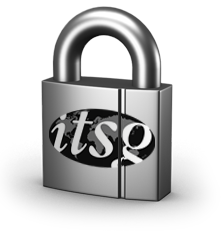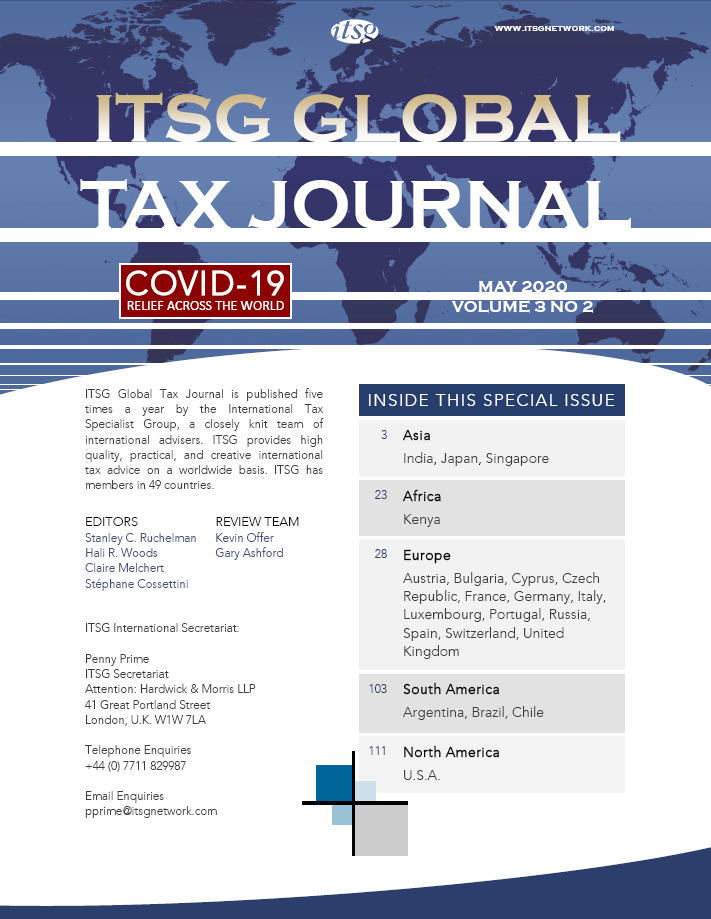The U.K. Government has announced a number of measures to assist with the financial impact of COVID-19 on both businesses and individuals and continues to make announcements on an almost daily basis. This means details have still to be finalised in some cases.
Job Retention Scheme
Under the Coronavirus Job Retention Scheme, all U.K. employers are able to access support to continue paying part of their employees’ salary for those employees that would otherwise have been laid off during this crisis.
- H.M.R.C. will reimburse 80% of ‘furloughed workers’ wage costs, up to a cap of £2,500 per month. Employer’s National Insurance and minimum automatic enrolment employer pension contributions can also be claimed.
- The employer has the choice paying the remaining 20% shortfall and excess wages over £30,000.
- All U.K. businesses are eligible.
- To qualify, the employee must not undertake any work for the business.
- If the worker has a second employment, then each employment can be furloughed separately.
- The scheme will be backdated to 1 March and can include any employees who were in employment on 19 March 2020.
Employment contracts should be reviewed, and legal guidance sought in respect of a change in an employee’s status from fully employed to furloughed. Employee approval will be required where there is a change of employment terms. The grant will be taxable on the employer and does not change the tax position on payments to the employee.
The scheme was recently extended and, at the time of writing, will run until 30 June 2020.
To access the scheme, employers must designate employees as furloughed workers, notify the employee and submit this information to H.M.R.C. on a new online portal that opened on 20 April 2020. The full details of the scheme have not been finalised. Some questions remain unanswered and some problems have been encountered with online applications in certain circumstances. Nonetheless, the majority of companies can apply online with little problem and the tax authorities are generally recognized as having done a good job in a short period of time.
H.M.R.C. are working urgently to set up a system for reimbursement.
More information is available at gov.uk/guidance/claim-for-wage-costs-through-the-coronavirus-job-retention-scheme
Self-Assessment July Payments on Account Deferral Scheme
July 2020 payments on account have been deferred until 31 January 2021.H.M.R.C. have confirmed this applies to all taxpayers, not just the self-employed as initially announced. This is not a tax saving. It is simply a deferment of the liability for six months. The July 2020 payment on account is an advance payment of tax due for income between 6 April 2019 and 5 April 2020. Businesses may still wish to make July payment on account to avoid spending money put aside to cover tax liabilities on income received.
There is no need to advise H.M.R.C. that July P.O.A.s are not being made.
V.A.T. Payment Deferral Scheme
V.A.T. liabilities between 20 March 2020 and 30 June 2020 may be deferred up until 5 April 2021.This is available to all U.K. businesses and effectively covers the V.A.T. returns for the quarters ending in February, March and April. Again, this is not a tax saving. It is simply a deferment of any V.A.T. liability between 20 March 2020 and 30 June 2020 until 5 April 2021, at the latest. Again, businesses may wish to make V.A.T. payments where possible so as to avoid spending funds put aside to cover V.A.T. liabilities that exist. Whilst it has not yet been made clear, it likely does not change the filing date of the V.A.T. returns which still need to be submitted by the normal deadlines.
There is no need to advise H.M.R.C. that V.A.T. liabilities during this time are not being made. Refunds will be processed by H.M.R.C. as normal.
PAYE Deferral Scheme
All U.K. businesses unable to meet PAYE liabilities can receive support through H.M.R.C.’s Time to Pay service. Again, this is not a tax saving. It is only a deferment scheme. Arrangements will need to be agreed with H.M.R.C. on a case by case business. Businesses with uncertain cash flow that wish to use this scheme should apply as soon as possible by calling H.M.R.C.’s dedicated line, 0800 0159 559.
Business Rates Support scheme
A business rates holiday for 2019/2020 is currently available to all retail, hospitality, and leisure businesses in England. Cash grants are available for businesses in the same sectors with a rateable value up to £51k. There is no procedure to claim the grant or for the business rates holiday. The local authority will contact eligible premises about t the business rate holiday and the grants. Consequently, the local authority will not collect the 2020/21 business rates.
Sick Pay Support
Small and medium sized businesses (under 250 employees at the end of February 2020) in the U.K. will be able to reclaim two weeks of statutory sick pay for each eligible employee who has been off work because of COVID-19. Employers should maintain records of staff absences and payments of statutory sick pay, but no doctor’s note is required in support of the reclamation. The repayment mechanism still to be decided by the Government.
Business Interruption Loan Scheme
Loans of up to £5m are available to all U.K. businesses with turnover of less than £45 million per annum, although other British Business Bank eligibility criteria will apply. The scheme will be delivered through commercial lenders, backed by the government-owned British Business Bank. Applications should be made via the bank regularly used by the business or one of the other accredited lenders which are detailed at www.british-business-bank.co.uk/ourpartners/coronavirus-business-interruption-loan-scheme-cbils/accredited-lenders/.
The Government will guarantee up to 80% of each loan and will also cover the first 12 months of interest payments. There are calls for this guarantee to be increased to 100% for small businesses borrowing no more than £25,000 but this amendment has yet to be confirmed.
Large Business Interruption Loan Scheme
Loans of up to £25 million to all U.K. businesses with turnover of £45 million to £250 million per annum and of up to £50 million for businesses with turnover above £250 million have now been introduced, although other British Business Bank eligibility criteria will apply. The scheme will be delivered through commercial lenders, backed by the government-owned British Business Bank. The Government will guarantee up to 80% of each loan but will not cover the first 12 months of interest payments for these larger loans.
Applications should be made via the bank regularly used by the business or one of the other accredited lenders which are detailed at www.british-business-bank.co.uk/ourpartners/coronavirus-business-interruption-loan-schemes/clbils/current-accredited-lenders-and-partners-2/
Self-Employed Income Support Scheme
Self-employed individuals will get monthly payments for three months based on 80% of average earnings over past three years, capped at £2,500 per month. Those who first began a self-employed business in the three-year period ending 5 April 2019 will be averaged over the tax returns already filed showing self-employment income.
The following conditions must be met in order to qualify for benefits under the scheme:
- Profits must meet one of two income limits:
¡ They must be under £50k in 2018/19 or make up at least half of the individual’s total income for the tax year or
¡ They must be under £150k in the three-year period ending 5 April 2019 (or average under £50k per year if not self-employed for three years) and make up at least half of the individual’s income during that period.
- Anyone who has not filed a 2018/19 tax return has been granted four weeks to do so in order to access the scheme.
- Individuals must have traded in the tax year 2019 to 2020
- Individuals must be trading when the application is filed, or would be except for COVID-19
- Individuals must be intending to continue to trade in the tax year 2020 to 2021
- Individuals must carry on a self-employed or partnership business in 2019/2020 that has been adversely affected by COVID-19 in any of the following ways:
¡ The individual is unable to work because of (i) shielding, (ii) self-isolating, (iii) sick leave because of coronavirus, or (iv) caring responsibilities for others because of coronavirus or
¡ The individual had to scale down or temporarily stop trading because of (i) supply chain interruptions, (ii) a drop in business because fewer or no customers or clients, or (iii) staff that is unable to come in to work.
H.M.R.C. will contact those who may qualify and invite them to apply. Support will be based on tax records held by H.M.R.C. Grants will be paid in one lump sum covering three months from 1 March to 31 May. Any grant received under this scheme will be taxed as income of the business.
It is expected that persons will be contacted in May with the payments to start to be paid in June. Individuals who need cash earlier can apply for the loan help or Universal Credit. Individuals who started self-employment in the current tax year will not qualify for the scheme. The current advice is to look at other help available such as loans or Universal Credit.
Individuals who operate through a company and take income in the form of a salary plus dividends will not qualify for this scheme. They may be able to access the Job Retention Scheme referred to above in respect of their salary payment.
Additional information on the Self-Employed Income Support Scheme appears at gov.uk/guidance/claim-a-grant-through-the-coronavirus-covid-19-self-employment-income-support-scheme
Statutory Sick Pay for Self-Employed
Statutory Sick Pay will be available for self-employed individuals staying at home on Government advice. This will apply from 13 March 2020. Application can be made via the contributory Employment and Support Allowance (ESA).
Application can also be made for Universal Credit but eligibility will depend on several factors including savings levels & partners’ income. Applying can be complex and there are other eligibility criteria so submitting application as early as possible is recommended. Details on how to apply appear at gov.uk/guidance/new-style-employment-and-support-allowance and understandinguniversalcredit.gov.uk/coronavirus/
Other Measures
Other measures to assist businesses include:
- Extended time limits for filing statutory accounts.
- Extended periods for payment of import duties.
- Some relaxation in the Statutory Residence Test for those who have to remain in the U.K. due to the coronavirus and for skilled workers who come to the U.K. to help tackle the pandemic.
Further information
Further information can be found in the following Government links:
COVID-19: support for businesses
COVID-19: guidance for employees
This is a constantly moving situation so up to date advice is important.

 Login
Login




















































